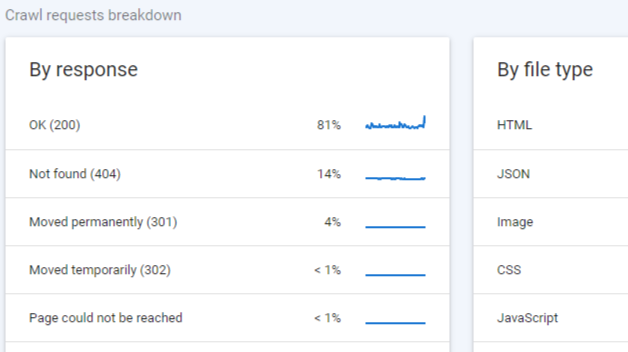Do you have limited resources to grow your website? Do you want to know if starting a blog on your E-commerce site is worth it?
 Believe it or not, there are times that you’ll find blog content is responsible for the success of an e-commerce website. In these cases, blog plays a central role in the search engine rankings of that site.
Believe it or not, there are times that you’ll find blog content is responsible for the success of an e-commerce website. In these cases, blog plays a central role in the search engine rankings of that site.
However, your e-commerce site doesn’t need a blog in order to be successful, and in some cases avoiding a blog can help you become even more successful by saving your team’s resources for content creation elsewhere.
Does a blog really matter for e-commerce sites anyway? Well, it depends…
Why do we include blog content in our E-commerce SEO audits?
There are two big things that a blog can do to help your website rank better.
- Rank for a set of new keywords
- Attract incoming links to power the rest of your website
A SWOT analysis of your blog strategy and blog content is what many websites need in order to unlock the site’s potential. This involves looking at keyword volumes, the # of potential keywords, the scale of the industry and its niches, and determining how the blog can play a role in maximizing search engine visibility.
Ranking for New Keywords

One role that a blog can play for your strategy is to rank for new keywords that your main category and product pages cannot rank for.
A few good examples of this are:
- A Top 10 list of products.
- Comparing 2 products vs each other
This type of content is a format and keyword set that you cannot easily use anywhere else on your website. Without a blog, you won’t be able to attack these types of keywords with the same level of success.
Here, the blog enables you to widen the reach of your website in the search engines.
Attracting Incoming Links
Your blog can host a wide range of content assets including photos and in-depth reviews that can help to earn natural links. These links can help to increase rankings for your entire site, not just the blog pages that are linked to (although those blog pages are the primary beneficiaries of the links).
While this does not help you rank for new keywords, it will increase your keyword rankings for terms where you already have existing content and rankings.
These are just 2 ways that adding a blog to your e-commerce site can help to increase your performance in the search engines and really start to matter, but there are plenty more reasons…
6 Different Goals That Can Be Achieved On Your Blog
We have previously answered the question What Type of Blog Content Should an E-commerce Website Create?
 In that blog we lay out 6 different types of goals that your content might be going after:
In that blog we lay out 6 different types of goals that your content might be going after:
- Target New Keywords
- Promote Priority Products
- Earn Incoming Links
- Convert Email Subscribers, Create Sales Tools
- Increase Trust and Brand Recognition
- Build Your Brand
The takeaway there is that not all blogs should be the same format, length, theme etc. You may need to create several standard layout templates depending on the type of content in that blog post.
Hopefully these 6 outcomes provides you with enough of a reason why an e-commerce website should start a blog.
With all of these different potential goals that can be achieved, a blog can clearly start to provide value for an e-commerce site.
So, Does Blog Content Really Matter for E-commerce Sites?
Ask an e-commerce site that has blog pages ranking in the search engines and is making lots of money, and the answer is a resounding YES!
This doesn’t mean that a blog is required. It means that that you can miss out on a lot of visibility without one.
There are e-commerce giants out there crushing the search engines and doing it without a blog. There are also small businesses out there playing with the big boys and using their blog content to achieve similar visibility as their larger counterparts.
Some of these sites couldn’t care less about an e-commerce blog while for others this is a make or break content strategy.
Does your team need help coming up with a content strategy for your E-Commerce blog? Contact us for info or read more about our e-commerce website audit process here.





